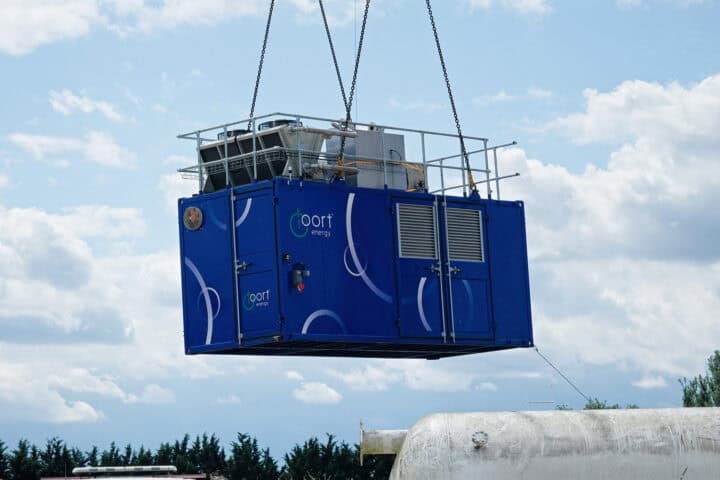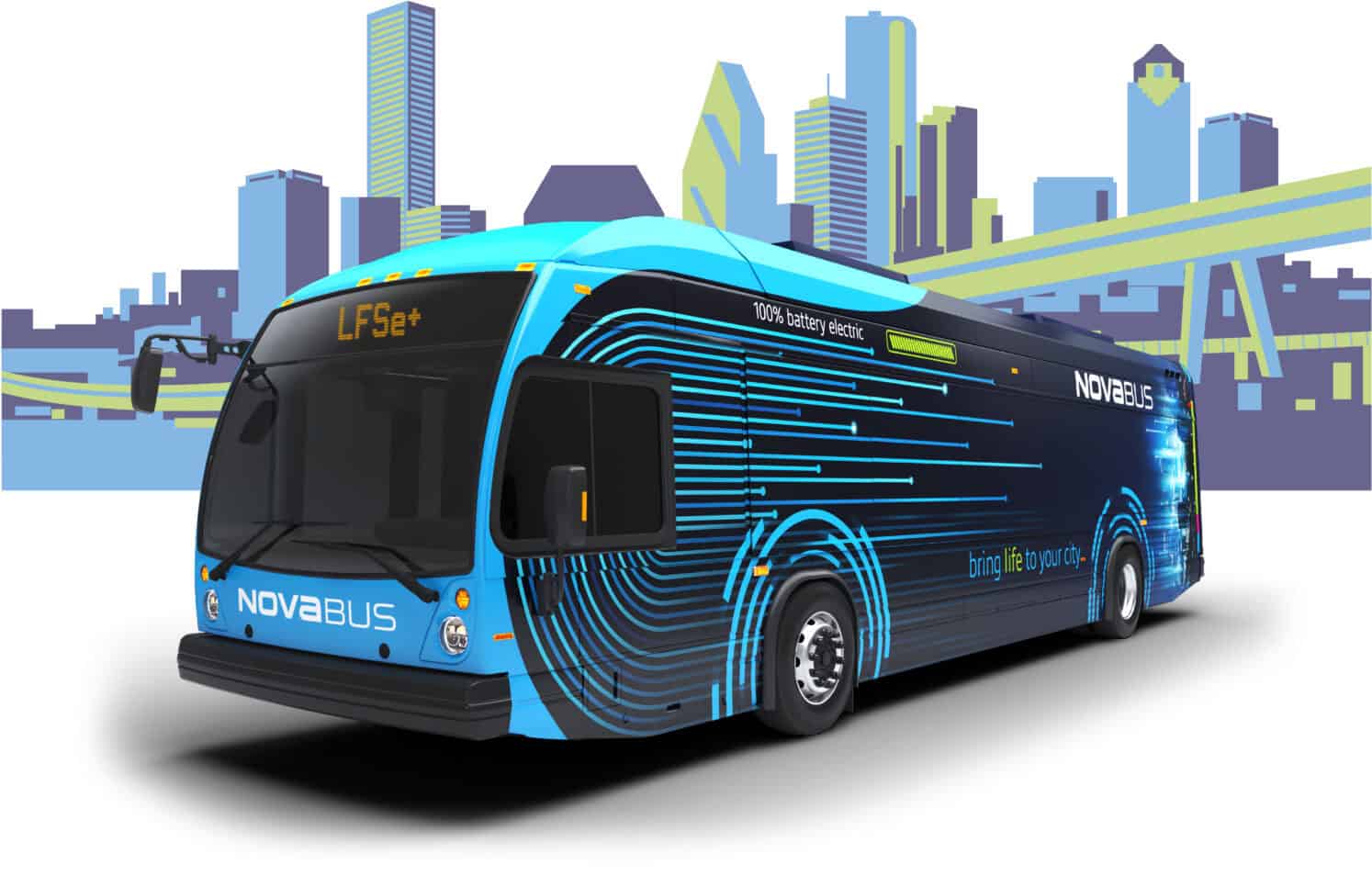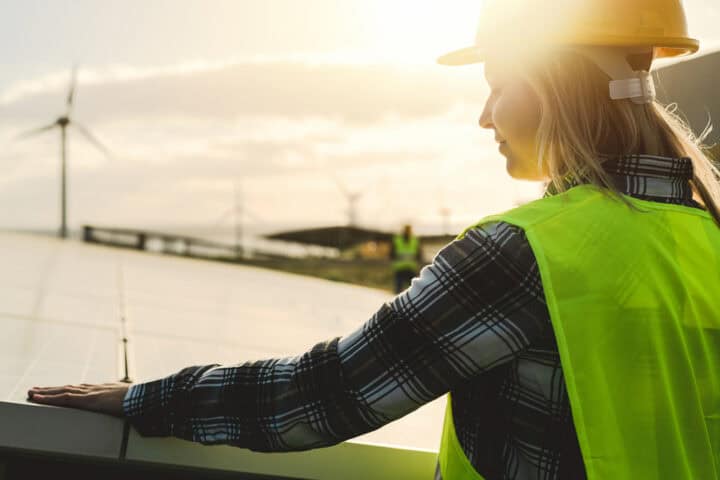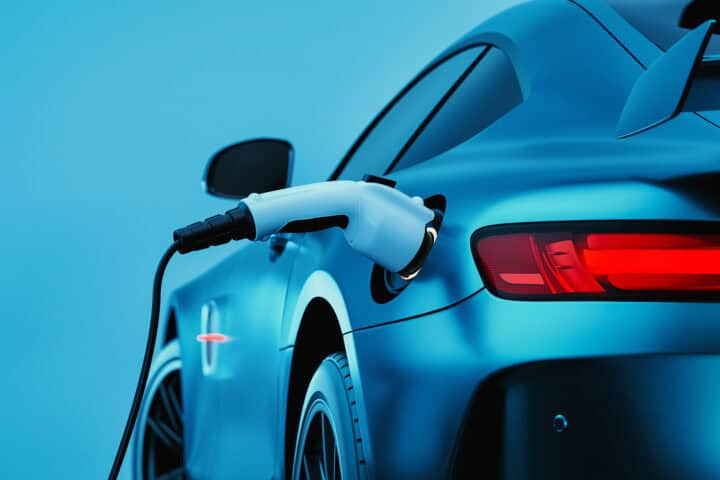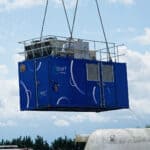The U.S. Department of Energy (DOE) is advancing efforts to secure the nation’s energy future by investing over $10 million in projects that bolster the domestic Critical Minerals Supply. These materials are essential for clean energy technologies like solar panels, wind turbines, and electric vehicles. Currently, the U.S. heavily relies on foreign imports for these critical minerals, with more than 95% of rare earth elements sourced from abroad. This dependency poses significant risks to U.S. economic stability and energy security. To address this, the DOE is funding innovative projects focused on sustainable and cost-effective methods for domestic mineral production. These initiatives include recycling materials, utilizing professional waste, and developing alternatives to imported minerals. The selected projects, including those from Idaho National Laboratory and Pennsylvania State University, aim to create a robust and environmentally friendly supply chain within the U.S. The DOE’s commitment aligns with broader goals to enhance the critical minerals supply chain, promote sustainable development, and ensure that marginalized communities benefit from federal investments under the Justice40 Initiative. This strategic move is key to achieving U.S. climate goals and reducing dependency on foreign sources.
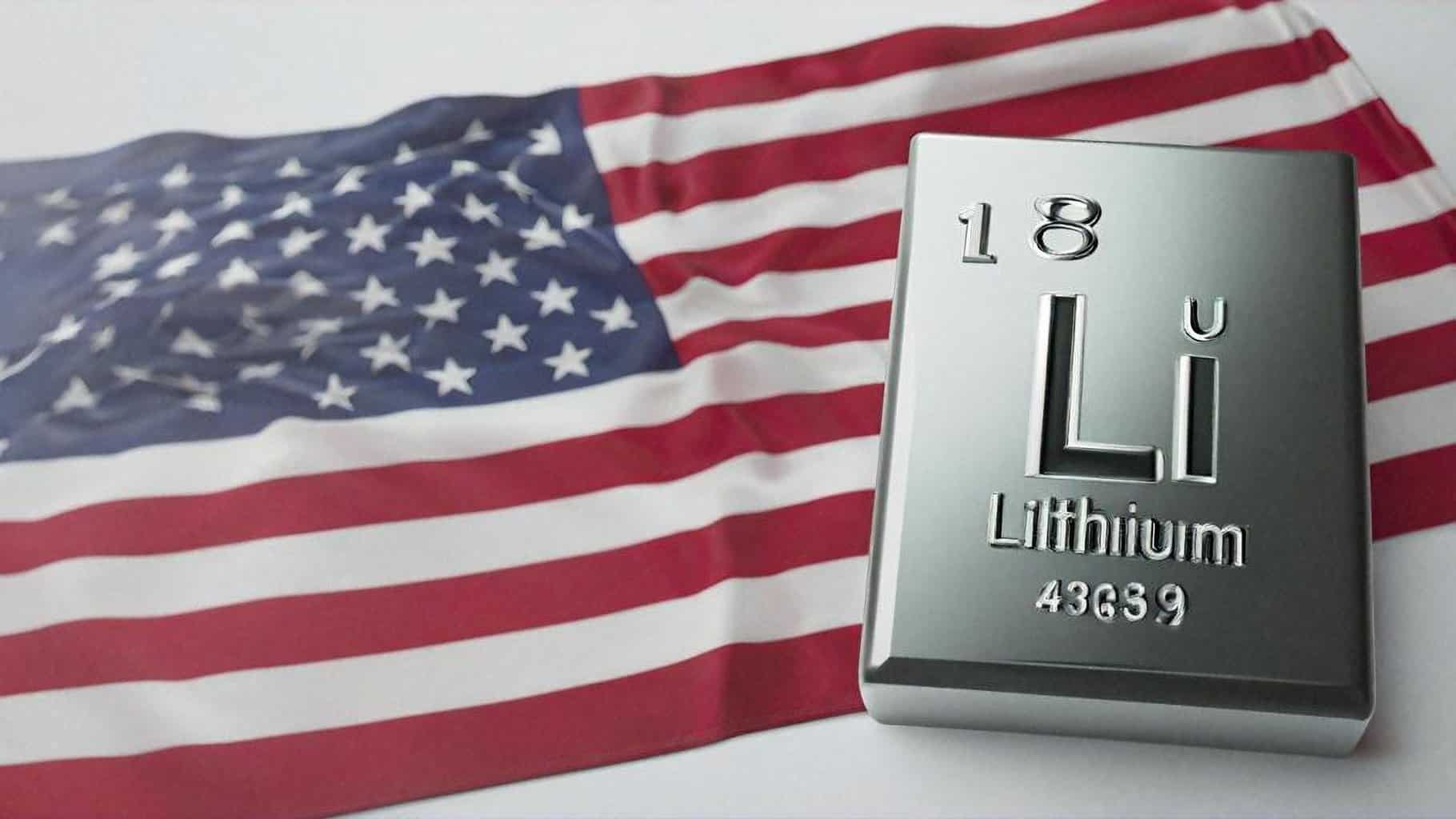
The US has announced that it will invest more than$ 10 million to increase domestic Critical Minerals Supply.
The $10 million funding, which is provided by the Department of Energy (DOE), will help finance four innovative projects that are trying to create cost-effective and environmentally sustainable methods for producing and refining essential minerals and materials in the United States.
These minerals and materials are important for manufacturing clean energy technologies, including solar panels, wind turbines, electric vehicles, and hydrogen fuel cells—key components in achieving climate goals.
Enhancing local supply chains
As the US moves closer to a fresh energy transition, the demand for crucial minerals and materials is expected to increase significantly.
Now, the US depends greatly on foreign sources for these necessary materials. According to the US Geological Survey, more than 95 % of the nation’s rare earth elements and over 50 % of most essential minerals are imported, with at least 12 of these minerals entirely sourced from abroad.
This dependence poses a major threat to the nation’s economic stability and security of energy.
In response, the DOE’s ‘ Critical Material Innovation, Efficiency, and Alternatives ‘ funding opportunity announcement (FOA) will allocate up to$ 150m across multiple project rounds.
Utilizing recycled materials, mine and professional waste, and ore deposits found in the US, these projects will concentrate on creating a safe and sustainable home supply chain.
The second four projects chosen for negotiation concentrate primarily on creating substitutes and alternatives to crucial minerals and materials.
Establishing new initiatives in every US
The four projects that were chosen represent cutting-edge developments in crucial minerals and materials:
- Idaho National Laboratory: This project aims to create a totally private, decarbonised pathway for producing high-purity synthetic graphite and other durable carbon-based materials from carbon dioxide-based feedstocks.
- Researchers at Iowa State University of Science and Technology will incorporate the production of hydrogen from everlasting magnet recycling, making it more environmentally friendly to produce it.
- The Pennsylvania State University: This project will explore boron nitride’s ability as an alternative semiconductor material, reducing reliance on gallium, which is seldom produced in the US.
- Aspen Aerogels, Inc.: The company plans to scale up lithium iron phosphate-based battery technology for electric vehicles, offering an alternative to lithium-ion batteries that depend on foreign-sourced nickel and cobalt.
Broader vital minerals and materials objectives
These initiatives are a part of the DOE’s wider efforts to strengthen the nation’s crucial minerals and materials supply chains.
Since January 2021, the DOE’s Office of Fossil Energy and Carbon Management ( FECM) has committed approximately$ 161m to projects that support exploration, resource identification, production, and processing in traditional mining and fossil fuel-producing communities.
As part of the application process, the selected project teams were required to submit Community Benefits Plans, outlining their commitments to job creation, diversity, equity, and inclusion, especially in impoverished communities.
These initiatives coincide with the Justice40 Initiative, ensuring that 40% of the benefits from specific federal investments flow to marginalised communities.
In the future, the DOE intends to make additional selections under the FOA’s remaining areas of interest, continuing to support the nation’s crucial minerals and materials supply chain while promoting sustainable development and job creation.



